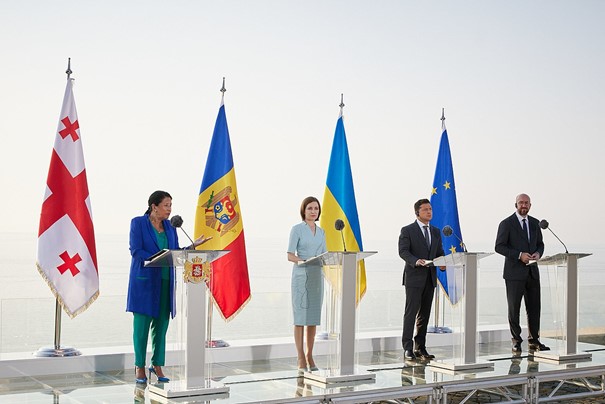EPS guest lecture - VERONICA ANGHEL (John Hopkins University): 'Wartime Europe: How is the enlargement process towards Eastern Europe changing the European Union?'

This event is part of the Seminar Series of the theme group European Politics and Society.
Any argument that Europe is forged through crisis is unlikely to tell us much about what Europe is or where it may be headed. In this lecture, Veronica provides insights into the challenges to European Union integration and security in light of previous and current crises, such as the Russia-Ukraine War. She argues that faced with various threats and emergencies, the EU is likely to follow a familiar path to ensure its own security through a revitalized enlargement process. But enlargement may also come at the expense of an unsure outcome of the European Union integration process.
To avoid that potential outcome, Veronica further argues that the EU needs to reform in ways that better manage the nature of what it has become: a less exclusive and more internally rivalrous organization. The EU should also consider more systematically the effects that a diplomacy of broken promises towards its troubled neighbours might have on the democracy and stability of those states and the political attitudes of their citizens.
